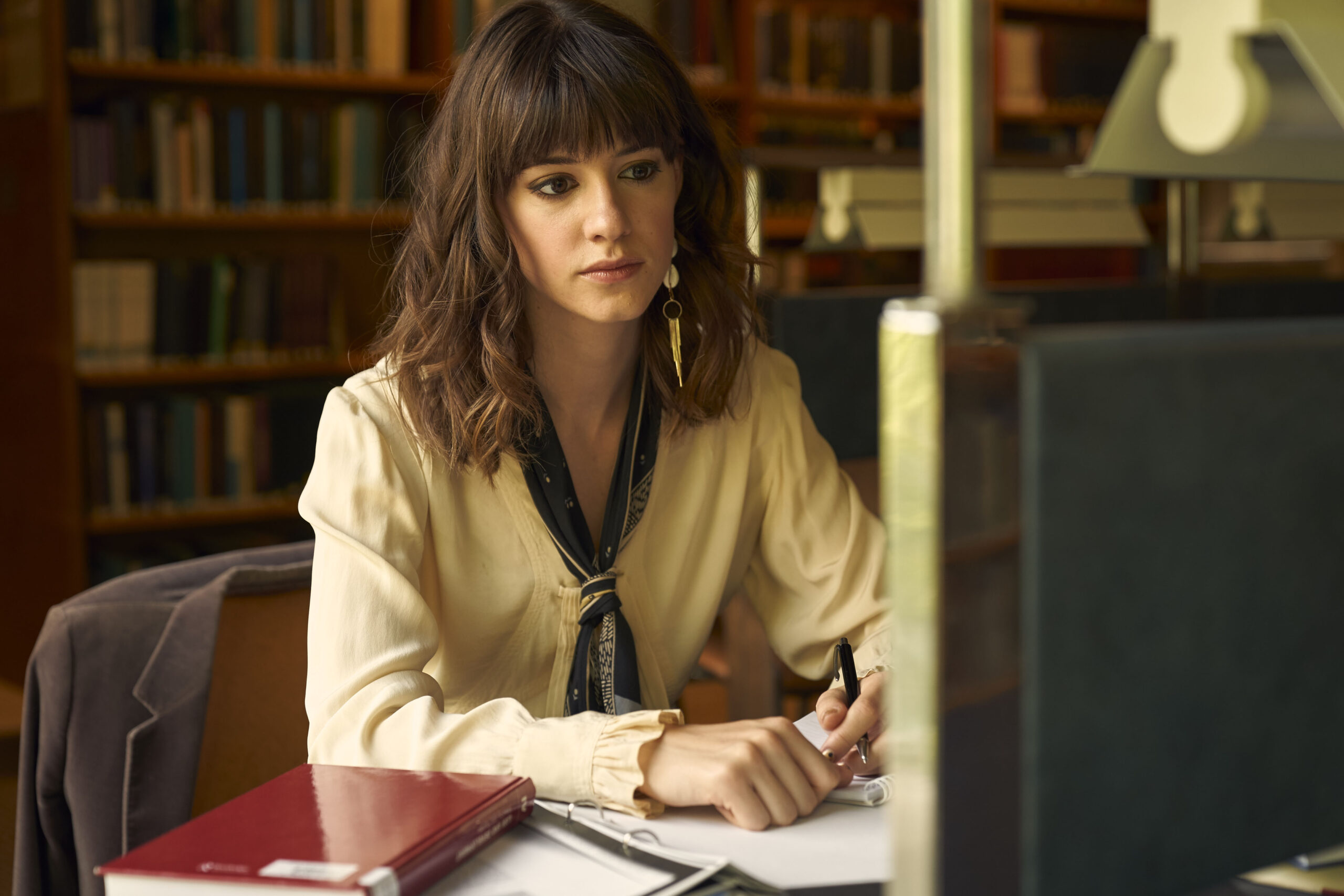The Normal People part of lockdown number one seems like a long time ago now, but with the news that the series has been nominated for two Golden Globe awards, it’s worth reflecting on why the series achieved mammoth success, and the role, if any, of the pandemic.
Normal People took the world by storm, broadcasting Trinity far and wide. Of course, Sally Rooney didn’t invent the campus novel, but she did manage to make the story simultaneously universally relatable, and an archetypal Trinity tale. With Conversations With Friends, Rooney’s first novel, currently being adapted for television, it’s a tale that isn’t quite finished yet.
Everyone had a hot take on Normal People. But at the time, as we now know, the pandemic was just in its infancy. It was hardly an enjoyable time, but compared to the current case numbers and the general humour of the population, it was nothing. I can’t help but wonder if, had Normal People had aired now, if it would be dismissed as too miserable for the current climate. The series isn’t all doom and gloom, but the later episodes are fairly heavy, dealing with suicide, abuse and mental-health issues.
Sally Rooney didn’t invent the campus novel, but she did manage to make the story simultaneously universally relatable, and an archetypal Trinity tale.
I’ve previously written that the novel and the series shatter the illusion that the college years are a hazy, rose-tinted affair of coffee breaks and “finding yourself”. Rather, the series showed the university experience to be lonely, wearying and often seemingly meaningless. Characters suffer: suffering is central to Normal People, and it’s fair to say that we’ve all suffered in the past year. When the series aired, we thought the pandemic would be over in a couple of months. Lockdown was hard, but it was only temporary. Summer was coming – we thought it would all be behind us by then.
As we tried – and mostly failed – to have conversations of substance over Zoom, we watched Connell and Marianne try, and mostly fail, to communicate honestly with each other. Normal People slotted in to the limbo-like conditions of the first lockdown. It was strange, and certainly unpleasant at times, but pales in comparison to what we’re putting up with now.
As we tried – and mostly failed – to have conversations of substance over Zoom, we watched Connell and Marianne try, and mostly fail, to communicate honestly with each other.
I contemplated rewatching the series a few weeks ago, but ultimately decided that the darker episodes weren’t what I needed in this third, much-less-tolerable lockdown. At this point in the pandemic, when the novelty of Zoom quizzes and sourdough baking have long worn off, many of us have fallen out of touch with people we normally see in lectures or in the pub. Conversations over Zoom or text are frustrating – I, for one, have mostly given up on those. It was fun at the start, but it’s just irritating at this point. We’re tired of substitutions for reality.
But this same sentiment is seen when the characters in Normal People are at their lowest – the parts I was reluctant to revisit lest it lower my mood even more. Connell and Marianne become reclusive, unwilling or unable to reach out. After nearly a year of Zoom University, this is more relatable than ever. Everything about this lockdown requires more effort: we’re retreating further and further into solitude. The “we’re all in this together” part of the pandemic is long gone. Of course, I have no doubt that the series would have been well received in the absence of a raging pandemic, but the fact that the series aired when the world was at a standstill is something to ponder.
Even with the fleeting nature of the way we consume media in the digital age, Normal People stuck for quite some time. It’s hard to imagine that such a story would have hit home all the more during a pandemic. But as loneliness peaks amid lockdown number three, perhaps it’s a story we need to hear again.







